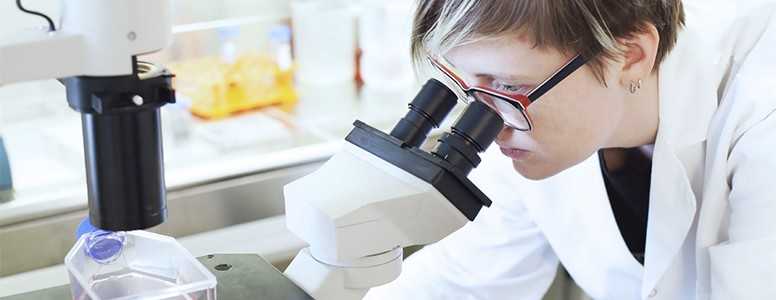A significant breakthrough in implanted islet cell technology could pave the way for successful treatment in people with type 1 diabetes, researchers have said.
For years, scientists have explored new ways to transport insulin-producing islet cells, but many attempts have been unsuccessful because the cells do not receive sufficient oxygen once the process has been completed.
A team from Massachusetts Institute of Technology (MIT) has been working with Israeli company Beta-O2 Technologies on an implantable device that provides living pancreatic islet cells with the oxygen they need to survive.
The device furnishes islet cells with their own supply of oxygen through a chamber that can be replenished every 24 hours. It is implanted under the skin and connected to a catheter that leads to the encapsulated islets inside the device.
Tests using the pioneering technology on rats showed 90% of the islets survived for several months and blood sugar levels remained at normal levels throughout this period.
Clark Colto, an MIT professor of chemical engineering and the senior author of the study, said: “Getting oxygen to these cells is a difficult problem. The benefits of this approach are: you keep the islets alive to perform their function, you don’t need as much tissue, and you reduce the ability of the implants to provoke an immune response. By keeping the cells alive, you minimize the immune response.”
More work is now being carried out to develop a more sophisticated version of the device, which will see it imbedded under the skin, but separate from the islets. If this is possible, the updated device would only need to be replenished once a week, making life a lot easier for people with type 1 diabetes.
The findings of the study have been published in the journal Scientific Reports.
What's new on the forum? ⭐️
Get our free newsletters
Stay up to date with the latest news, research and breakthroughs.






